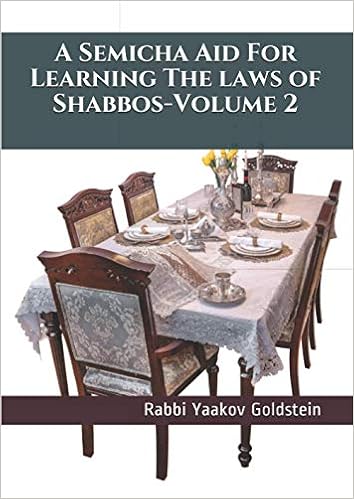
To purchase this Sefer, click here
6. Kneading course flour for animal fodder:[1]
A. First Opinion:
Biblically: It was already explained in chapter 321 [Halacha 16] that coarse grain is not a knead-able product and if it is kneaded on Shabbos there are opinions which say that he is Biblically exempt [from the transgression].
Rabbinically: Nevertheless, it is Rabbinically forbidden to knead coarse grain for an animal or chickens as is done during the week, and rather one must implore in irregularity [in the kneading process].
The definition of an irregularity is: Such as to knead it little by little as was explained there, or even a lot at a time although taking care to not mix it with one’s hands after placing the water in it as is the usual way that one mixes it during the week. Rather one is to mix it with a large serving spoon or a stick which contains a horizontal piece of wood on it, even many times until it mixes well. This is considered an irregularity since he is not mixing it with his hands and is not circling the spoon or wooden stick in its usual form as done during the week, but rather is mixing it by pushing it horizontally and vertically; therefore, this is considered a complete irregularity.
It is as well permitted to pour it from vessel to vessel until it mixes well.
Mixing a lot at a time: It is permitted to mix the course flour in this method even a lot at a time, in accordance with the amount that his animals need, and separates the mixture into many different vessels and places it in front of each animal.
B. Second Opinion:
[However] according to the opinion which holds that one who kneads course flour is Biblically liable even by simply placing water into it, without kneading it, as [they hold] that the placing of the water is defined as kneading, as was explained there, then it is forbidden to place water into course flour on Shabbos even using an irregularity, unless the water was placed in from before Shabbos in which case kneading it on Shabbos does not contain a Biblical prohibition but rather a Rabbinical prohibition, which was permitted through making it with an irregularity in this form explained above.
C. Final Ruling
It was already explained there that one is to be stringent like the latter opinion and so is the custom.
___________________________________________
[1] Admur 324:3


Leave A Comment?
You must be logged in to post a comment.